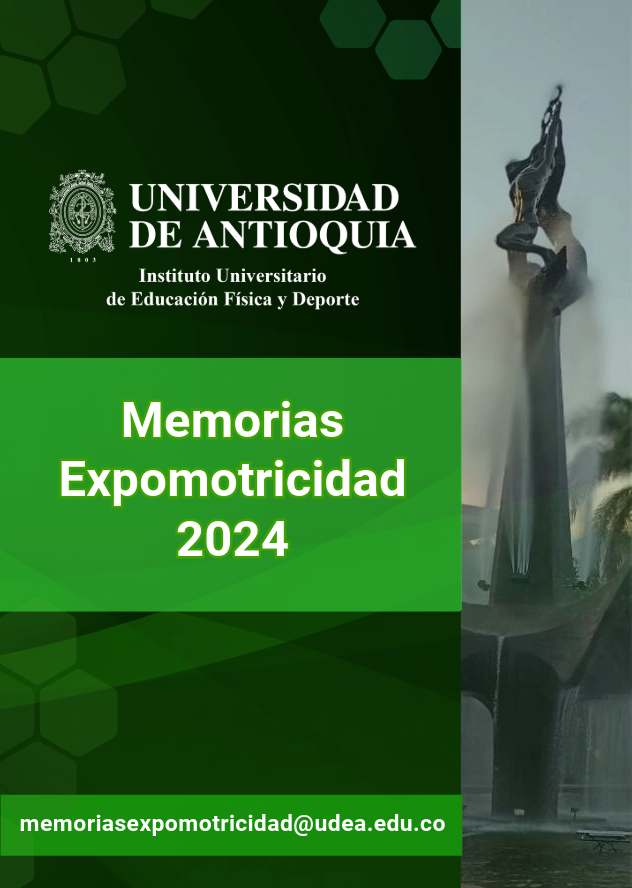Educational Geopolitics: the concept of power in university sports education
Keywords:
sport, education in sport, genealogy of power, geopolitics, educational policy, power relationsAbstract
Geopolitics, defined as the study of power relations and the influence of geographic factors on world politics, has gained critical importance in the field of education in the 21st century. Thus, global interconnectedness and geopolitical changes have a significant impact on education policies and the way education is delivered in different parts of the world. Therefore, starting from the concept of power and how it is intertwined with various social institutions and discursive practices to regulate and control the bodies and minds of individuals, the aim of this paper was to analyze the dominant and emerging practices and relations that influence the configuration of education in sport, as well as the implications of these influences in terms of access, quality and relevance of education. This scholarly review takes a critical approach based on the ‘genealogy of power’, which allows us to recognize power relations in contemporary society and to question the ways in which they are exercised and maintained through subtle and normalizing mechanisms. As a result, we expect to promote critical reflection at the university level on the intersection of geopolitics, power, sport and education, and to identify challenges and opportunities for more equitable and sustainable development in this area.
Downloads
References
1. Barrera Osorio, F., Maldonado Carrizosa, D., y Rodríguez Orgales, C. (2012). Calidad de la educación básica y media en Colombia: diagnóstico y propuestas. Ediciones Uniandes. http://hdl.handle.net/1992/8360
2. Foucault, M. (1978). Microfísica del poder. La Piqueta. https://archive.org/details/foucalt-microfisica-del-poder/page/n4/mode/1up
3. Foucault, M. (2006). Seguridad, territorio, población. Curso en el Collège de France (1977-1978). FCE.
4. Knight, J. (2013). The Changing Landscape of Higher Education Internationalisation – For Better or Worse? Perspectives: Policy and Practice in Higher Education, 17(3), 84-90. https://doi.org/10.1080/13603108.2012.753957
5. Marginson, S. (2016). The Dream Is Over: The Crisis of Clark Kerr's California Idea of Higher Education. University of California Press.
6. Ministerio de Educación Nacional (MEN). (2022). Resultados PISA y políticas educativas en Colombia.
7. OECD. (2019), Education at a Glance 2019: OECD Indicators. OECD Publishing. https://doi.org/10.1787/f8d7880d-en
8. Robertson, S., y Dale, R. (2015). Towards a ‘Critical Cultural Political Economy’ Account of the Globalising of Education. Globalisation, Societies and Education, 13(1), 149-170. https://doi.org/10.1080/14767724.2014.967502
9. United Nations High Commissioner for Refugees [UNHCR]. (2019). Stepping Up: Refugee Education in Crisis. https://www.unhcr.org/steppingup/
Downloads
Published
How to Cite
Issue
Section
License
Copyright (c) 2024 Ricardo Rengifo Cruz

This work is licensed under a Creative Commons Attribution-NonCommercial-ShareAlike 4.0 International License.




